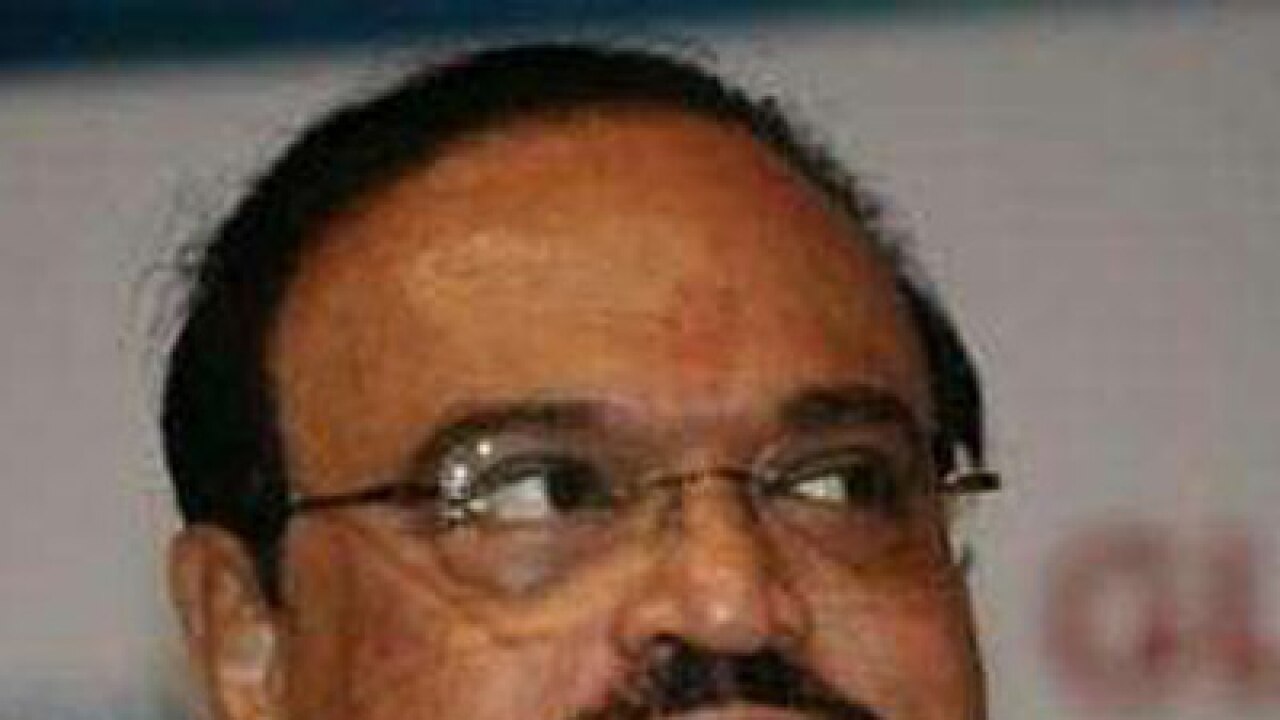
When the Chinese government arraigns corrupt officials, who also happen to be members of the Communist Party of China (CPC), the investigating agencies are usually not accused of political vendetta. But, the opposite is the case in India, where political vendetta becomes the refrain in any action launched by investigating agencies against politicians belonging to adversarial parties. This seems to have been the case yet again when three prominent regional politicians were booked for corruption between Wednesday and Friday this week.
The Anti-Corruption Bureau (ACB) in Maharashtra filed a case against Nationalist Congress Party’s (NCP) Chhagan Bhujbal and his family members for money-laundering, amounting to a tune of over Rs600 crore, this Wednesday. The same day that the Central Bureau of Investigation (CBI) filed cases against Shankersinh Vaghela, the Gujarat Congress leader and a bitter rival of Prime Minister Narendra Modi in state politics, for underselling the National Textile Corporation (NTC) property in Mumbai and causing a loss of over Rs700 crore. Two days later, the CBI filed a case against the Congress leader Virbhadra Singh and his family members for disproportionate assets amounting to over Rs6 crore. Of course, the courts will take time to deliver their verdicts in these cases. Meanwhile, the three political leaders at the centre of the investigating agencies’ inquiries are sure to cry foul and describe the actions as a result of “political vendetta”.
The raids against politicians belonging to opposition parties come at a time when the Bharatiya Janata Party (BJP) and the Narendra Modi government are facing an embarrassing situation with regard to the favours the External Affairs minister Sushma Swaraj and Rajasthan Chief Minister Vasundhara Raje Scindia have extended to the former Indian Premier League (IPL) commissioner Lalit Modi who is refusing to return to India and face trial. The Opposition is likely to accuse the BJP of trying to deflect attention from the troubles within its own house by going after opposition leaders. The BJP leaders, on their part, are likely to defend themselves saying that the law-enforcement agencies were simply doing their job. That answer, however, is likely to lack credence, given the widespread perception and even belief that it is the political masters who propel the investigating agencies into action. Recall that the Supreme Court had described the CBI as a “caged parrot” when it was investigating the 2G spectrum allocation case.
While it is important that Bhujbal, Vaghela and Singh should face the legal consequences for any wrong they might have done, it is also essential that the investigating agencies should be free of the charge that they are pursuing cases only against opposition politicians. It is necessary that the CBI and the Enforcement Directorate investigate the deal involving Lalit Modi buying shares in Vasundhara Raje’s son Dushyant’s company, and deciding whether or not it qualifies as a case of quid pro quo. Similarly, the conflict of interest in the Sushma Swaraj-Lalit Modi equation also needs to be sorted out through a fair and impartial probe.
It is important for the investigating agencies to be seen as doing their job independently, and not following the dictates of the ruling party. It is imperative that the investigating agencies probe the decisions and deals of those in government — and not just of those who are out of power. It has been generally argued by political parties that these premier agencies should be freed from political interference, but no party — when it is in power — has shown the will to grant autonomy to the investigative agencies. Corruption in high places is a serious issue, and those indulging in corrupt practices should be probed impartially, when they are in office as well as when they are out of it. And to do that effectively, investigative agencies must be made truly autonomous in their functioning.